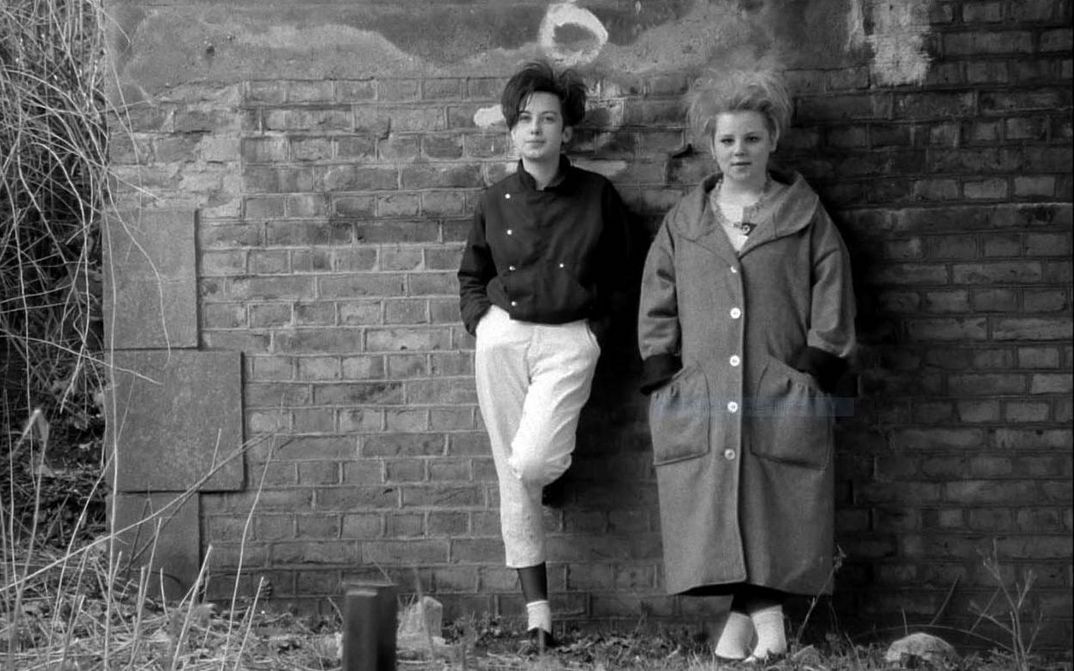Ponrepo Cinema, Prague: Woman Rose Song Bone

Founded in 1943, the Národní filmový archiv (NFA) in Prague is one of the most important institutions for preserving cultural heritage in the Czech Republic. The NFA's consistently open and supportive attitude, which goes beyond geographical boundaries and traditional connections, is reflected in the commitment of its employees to international networks such as the FIAF (International Federation of Film Archives) and ACE (Association of European Cinematheques), as well as in its decades-long collaboration with Arsenal, which continues to this day. Matěj Strnad, the head of the curatorial department, is an advisor for the biennial Archival Assembly festival, and curator Klára Trsková spent three months as a guest of the Arsenal team as part of an FIAF program. As part of the Woman Rose Song Bone program, the NFA is focusing on feminist and queer perspectives. The aim is to draw attention to female directors and other women working in film, as well as to critically reflect on the portrayal of women and the role of female characters in narratives.
DEVDAS (Bimal Roy, India 1955, 6.11.), a film adaptation of the eponymous novella by Sharat Chandra Chattopadhya, shows how deeply heteronormative love is rooted in the mythology of Indian cinema. But Roy delivers a very nuanced portrayal of the main female protagonists.
BADNAM BASTI (Prem Kapoor, India 1971, 6.11.), a melodrama of the Indian New Wave about a love triangle between two men and a woman, is considered to be the first Indian queer film. It was rediscovered in the Arsenal archive in 2019 and restored.
The experimental film RIDDLES OF THE SPHINX (UK 1977, 12.11.) by Peter Wollen and Laura Mulvey, the author of the 1975 groundbreaking feminist essay “Visual Pleasure and Narrative Cinema”, represents an attempt to translate methods of film theory, psychoanalysis, and feminism on film.
In WINTER ADÉ (Helke Misselwitz, GDR 1988, 12.11.), women of different ages, social backgrounds, and professions talk about their hopes, desires, and disappointments. Set against the backdrop of a train journey through the GDR, the film conveys an impression of the mood and life in the country one year before the fall of the Berlin Wall. (Stefanie Schulte Strathaus)